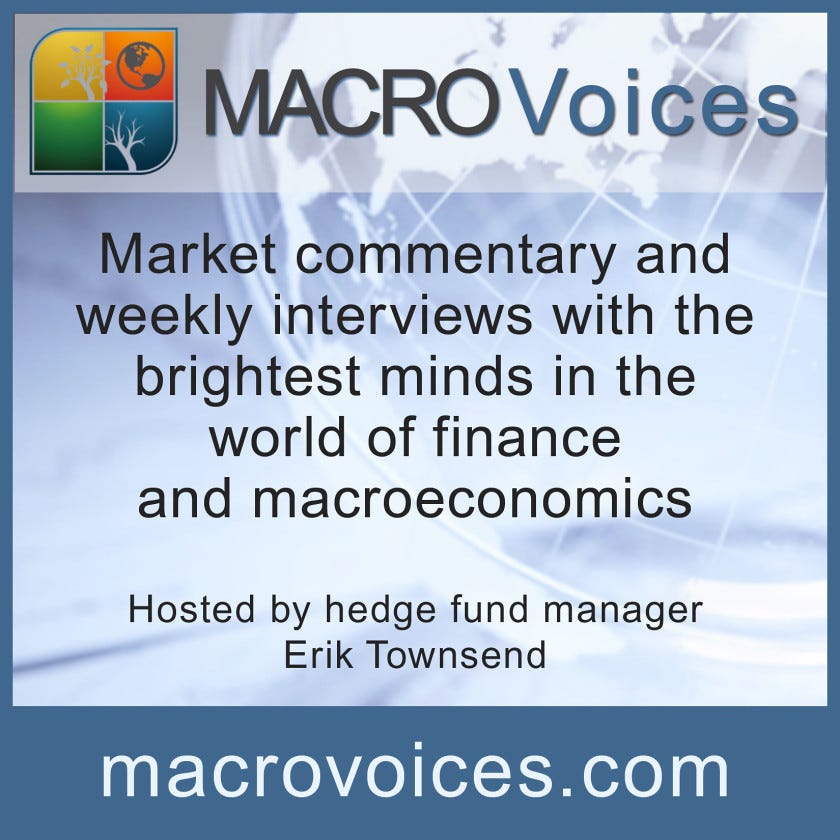The dollar is our currency, but it's your problem.
John Connally Jr., Richard Nixon's Treasury secretary, to the G10 countries in 1971
For years, the Fed lamented it could not generate inflation. Before Covid it even changed its target from an annual target of 2% to a long-term average of 2%. Now inflation is here, and politicians just got reminded of how unpopular it is.
Even though the Fed has only hiked its reference interest rate by 75bps, the language used by its officials indicates that it is ready to hike harder to tame inflation. To do that, the Fed needs to destroy demand. The stock market got the message and the S&P 500 is now down 20% this year.


When any other central bank in the world increases its reference interest rate, the impact is usually mostly limited to its own economy. This is not the case with the US Fed. Because the US Dollar is the world’s reserve currency, other central banks either must follow the US Fed when it hikes, or see their currency depreciate against the US Dollar.
Over the past 12 months, the US Dollar has appreciated by more than 17% against the DXY, a basket of major currencies. The theory that best explains what is happening is that of the Dollar Milkshake. Brent Johnson, CEO of Santiago Capital, first articulated this theory several years ago. The basic idea is that for years the Fed injected capital into the world economy, helping lower borrowing costs across the globe for sovereigns, corporations and individuals. But the market tends to forget that at any point in time, the Fed can use its giant straw to suck capital back. And of course, just like with a milkshake, capital starts being sucked in from the bottom. This is why pain starts on the edges first: Emerging markets and weak corporations, then it works its way up over time.
Financial markets have been correcting hard, and crypto hasn’t been spared. But don’t write cryptos off just yet. Mohamed El-Erian gives a good summary of the crypto market in these turbulent times.

ESG is everywhere these days. But did you know that Oil & Gas companies often enjoy high ESG ratings? Elon Musk found out, and he is not happy about this.

Macro Corner
No Interview of the Week this week. The reason for that is that the following three interviews are all “must listen” and offer three different perspectives of the macroeconomic environment. It is worth listening to all three of them to form your own opinion.
Hidden Forces | Revenge of the Dollar & the Meltdown in Global Markets | Brent Johnson
The CEO of Santiago Capital and originator of the “Dollar Milkshake” theory, Brent Johnson, discusses his thesis on the Dollar as part of a much larger conversation about the sell-off that we’re currently experiencing in risk assets, the dislocations we’re seeing in currencies and what it means for the stock market.
If you want to listen to another great interview of Brent Johnson, he also recently went to the We Study Billionaires podcast.
Macro Voices | Louis-Vincent Gave: A Major Geopolitical Transformation Is Underway
In this interview, Gavekal co-founder Louis-Vincent Gave offers his take on the impact of U.S. seizure of foreign-owned assets, his outlook for bonds, the dollar, stocks, and precious metals. This is one of the best and clearest analyses of the impact of the sanctions on Russia that I have heard so far.
Bankless 118 - Raoul Pal | Should We Be Scared Right Now?
Raoul Pal, CEO and co-founder of RealVision returns to Bankless to synthesize the widespread chaos in the markets, and helps us figure out how to position yourselves for these wild times. His theory is that while the Fed is talking big talk, it will have to reverse course sooner than what the market is pricing.
Crypto Corner
Lex Fridman | #284 – Saifedean Ammous: Bitcoin, Anarchy, and Austrian Economics
Saifedean Ammous is an Austrian economist and author of The Bitcoin Standard and The Fiat Standard. In this 4-hour interview, he covers a wide range of topics, including money, gold, Keynesian economics, and of course Bitcoin. Saifedan has strong views on many topics. You may or may not agree with him on everything, but he is an intellectual force to be reckoned with.










